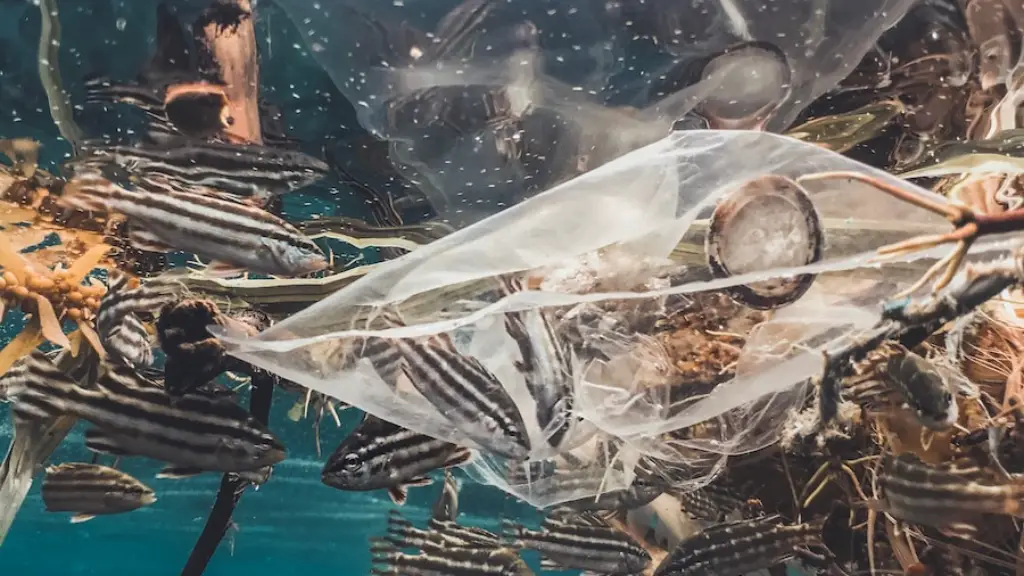Methane, a powerful greenhouse gas, is increasingly becoming a subject of debate as evidence of its influence on global warming mounts. The gas is produced largely as a result of human activity, including the production and consumption of food. But to what extent do cows, and the methane they naturally produce, contribute to global warming?
Research indicates that cows produce copious amounts of methane, though not nearly as much as other agricultural activities. Studies conducted by the University of Wisconsin-Madison suggest that, on average, about 75% of all agricultural-related methane emissions are generated by other sources, leaving only 25% attributable to cow-related activities. Of that 25%, only about 20% of methane initially produced comes from cows’ digestive tracts, the rest from their manure. This means that methane from cows might only be responsible for about 5% of global greenhouse gas emissions.
However, while cows’ contribution to global warming may not be very significant in the short-term, their impact could become more significant in the long-term. Cattle production is on the rise, particularly in developing countries whose emissions are already difficult to regulate. Furthermore, cows can produce large amounts of methane and other greenhouse gases if their feed is not managed correctly. Significant amounts of methane can also be released if cow manure is managed improperly.
Research is ongoing as to how to mitigate methane emissions from cows while also keeping them healthy. Methods such as increasing the use of certain feed additives, changing the type of grazing, and providing cows with supplemental feed have been proposed, with some success. However, the effectiveness of these methods is still unclear and much more research is needed.
While there is still much to learn about the effects of cow-related methane on the environment, it is clear that reducing total methane emissions will be beneficial in combating global warming. Whether this reduction comes from alternative forms of energy, more efficient agricultural practices, or some combination of the two, it is up to us to take the steps needed to ensure that the planet’s future is secured for generations to come.

